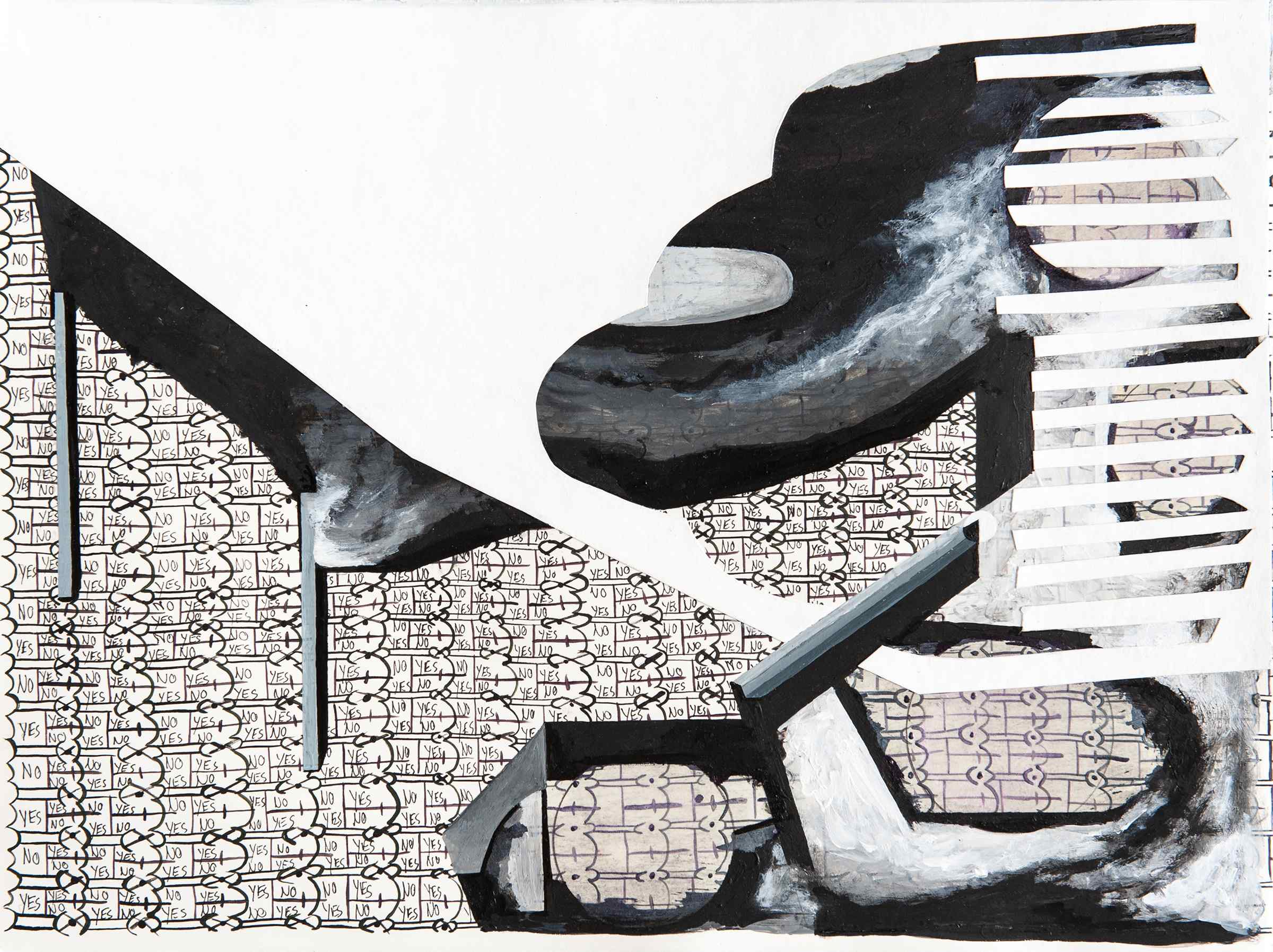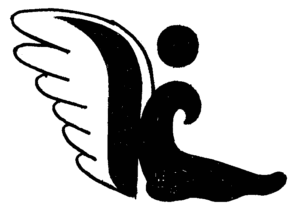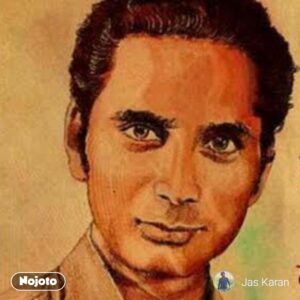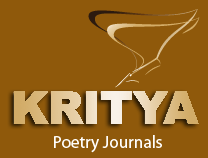
19 May Editor’s Choice

Pash
Pash(1950-88) was a revolutionary poet, both in the metaphorical and etymological sense of the word. His real name was Avtar Singh Sandhu but this name appeared on his maiden collection Loh Katha 1970(iron’s tale) written under the impact of the Naxalite upsurge. His next two collections Ud de Bajaan Magar 1974(in pursuit of the Flying Eagles) and Saade Samian Vich1978(in our times) appeared under his pen-name Pash. Derived from Farsi, as noun, it denoted fragrance and as adjective, it connoted sprinkling. Merging both in his creative process, Pash wrote poems overflowing with a revolutionary change in life. In his earlier poems, this message of turning life upside-down was couched in rhetorical diction. Quite soon, he began communicating it by uncovering all the economic ills, political excesses, social taboos and cultural fetishes, subjecting the people to covert and overt absence and abstinence. The petrification to which religious obscurantism sought to force the people earned his ire in equal measure. No wonder, he, who embodied concerns as much of Pablo Neruda as of Bertolt Brecht, was an anathema for the advocates of fanaticism and darkness. So on the martyrdom day of Bhagat Singh i.e. 23rd of March, he was shot to death by those who little knew that his death was the greatest loss inflicted upon Punjabi poetry.
(These poems are translated by Tejwant Singh Gill )
1.
In Pursuit of Flying Eagles
Eagles have flown aloft taking in their beaks
Our desire for a moment’s life of peace.
Friends, let us indeed,
In pursuit of the flying eagles, proceed.
Who knows when may come over here
Critics wearing red badges
And start the campaign
To pour false praise on poems
Before the daily expanding building
Of the police station
To take into grasp your village, your family
The trembling leaf of your self-respect
Gets glued to the daily record
Of that rapier tongued munshi;
It is better now indeed,
In pursuit of the flying eagles, proceed.
In your whole life will not get repaid
Loan on sister’s marriage incurred,
Every drop of blood
Sprinkled in the fields
Will not provide colour
Enough to paint the face
Of a serene smiling person.
To add to it further
All the nights of life put together
Will not count down the stars of the sky;
Then, friends, let us, indeed,
In pursuit of the flying eagles proceed.
If you have had on your tongue
The taste of hot jaggery cooling in the trough,
And seen with open eyes
The glow in the moon lit night
Of the moist field when levelled,
You will definitely do then something
About that devouring vote’s paper
That casts grabbing looks
On the green crops in our fields.
Those who have seen golden corncobs
Of maize drying on our roofs,
But have not come across
Contracting prices in the market,
Will never come to grasp
The enmity professed
By that ruling woman in Delhi
With this bare footed village damsel.
In this dungeon of life
When your voice to yourself returns,
Dreams like the unstruck neck of the old ox
In rankling eyes burn,
And the dirt of the streets sticks
To life’s most beautiful years,
Then the best thing to do
Is, friends, indeed,
In pursuit of the flying eagles to proceed.
2.
The Wound of the Thorn
He lived a long life
For his name to survive.
The earth was vast
And his village was small;
All his life he slept under one thatched roof,
All his life he defecated in the same field;
And always he wished
For his name to survive
All his life he heard three sounds only:
One was the crowing of the cock,
The other was the muffling of animals,
And the third was of the morsel chewed
In the silken light of sand dunes,
He never heard the sound of the setting sun,
He never heard the blossoming of flowers in spring;
The stars never sang a song for him.
All his life he knew three hues only:
One was the hue of the earth
That he could not take to even once.
The other was the hue of the sky
That bore several names But none came easy to him
The last was the hue of his wife’s cheeks
That in modesty never named all his life.
He could compete in eating turnips,
Many a time he won the bet in eating maize,
But himself he got eaten without a bet.
Years of his life like ripe melons
Were as such eation away in full.
Like milk milched fresh
His goodness was gulped with relish,
The awareness never dawned on him
How prosperous was he in health,
The instinct to survive in the world
Pursued him relentless like the biting bee;
Like a statue he stood
That called for no celebration.
The way from his thatched house
Still leads to the well,
In his foot print lost
Under millions of others,
Laughs yet the wound of the thorn,
Laughs. yet the wound of the thorn.
In Her Name
My dear, you must be complaining of my love
That your fond wishes have gone waste for me.
Have gone waste the sun fight and the shade
You with fond needle wove in handkerchiefs.
A poet though I have missed to read
The poetry of promise reflected in your eyes,
On my lips reserved for you, my dear,
Has dried the bitter and tasteless song of bread.
My adoration, my integrity are doubly wounded,
Wounded is your laughter as of linseed flowers;
They take me away, the enemies of your happiness,
Leaving behind the shameless rattle of handcuffs.
It is on your door only that my head bows,
Time and again I deride the prison door;
Only in my village do I live effaced,
But defy the rulers with relentless derision.
All my pain passes through the point of needle,
Ravaged is the peace of thoughts and of fields;
Those who marauded grace from the fields,
Have now become the enemies of your beauty.
I have seen wheat crop nourished on dew,
With modesty lurking in her eyes,
Sun light relaxing on the flowing water,
I have seen the moon kissing the sleepy trees.

I have seen fragrance chanting from wild flowers,
Seen the minting machine operating in cotton crops;
Seen the fodder crops changing hue chameleon like,
I have seen the evening descending on mustard crops.
My every joy is tied to the freedom of the crops,
Every peasant’s tale tells the story of your smile;
My fate is one with the fate of the changing time,
My tale is but the tale of the shining sword.
Bitterness has so hardened my face
That moon light gets scratched at its sight,
My life’s bitterness holds for history
The position strong enough for people to revive.
A Grass like Persons Tale
While grazing camels, your loving brother
Is by camels grazed away.
Sister! He will never come to see you now.
How I wished to come
And make your mother in law divulge
The ghee so far kept hidden,
And into her forehead hurl
Bowl with bare sugar filled!
Strange is the tale of wicked camels,
Neither are they themselves to be seen
Nor is visible the dust they raise
Audible is only the sound their gums make
When songs of herdsmen they munch away.
I had this feeling in mind
That enough for them is greenery
Spread out in my eyes.
When they munched away my hands
They little knew how disabled I got,
0, father, to carry your blind limb’s burden.
Now the joy I was to bring for your present
Is hung on acacia tree at the border,
Like the unused coffin.
Crops, grown with such thrift, my sister,
Lie trampled by playful camels.
4.
Ominous
Ominous is not loot of labour,
Or torture by the police,
Even greed that betrays is not most ominous at all.

To get caught unawares is rather bad,
Rather bad is to be muffled in timid silence,
But this is not ominous at all.
To get lost in the noise of corruption
To submit even when right is rather bad,
Rather bad is to read in the light of the glow-worm,
To pass with pips screwed is bad
But this is not ominous at all.
Ominous is in fact
To be filled with dead silence,
Lose concern and bear all things unconcerned,
To become the slave of routine,
Ominous is in fact
The death of our dreams.
Ominous is the watch
That vibrant on your wrist
Seems still when looked for time.
The eye is ominous
That sees all that is cold as ice,
That forgets to feel the world with love
And falls for the sizzling blindness of things,
That imbibing the ordinariness of the world
Gets lost in the useless routine of life.
Ominous is the moon
That after each killing
Rises in courtyard muffled in silence,
But does not rancour like peppers in the eyes.
Ominous is the song
That to reach your ears
Goes beyond mourning,
And laughs like the cough of a boss
On the thresholds of the frightened faces.
Ominous is the night
In which owls shriek and jackals cry
Clinging to frames of eternally closed doors.
Ominous is the quarter
On which the sun of conscience sets
And the fragment of its dead silence
Enters a part of your body:
Loss of labour is not ominous,
Nor is torture by the police,
Even the greed that betrays is not ominous.
5.
Trust
After years of pining for you
I have long since forgotten
The verity of ray own voice,
The language I learnt to look human
Gave me words just enough
To compose your name.
It is long since letters
Lost their accent for me,
Except to draw the image of your sunny limbs
I can’t write anything now.
Have you ever seen lines rise in revolt?
All words dropping from my hands
Only your pictures do compose.
You are with me but only a pace apart
And this pace is perhaps longer than
Not just my age but several lives;
And expanding as without a break
It will someday engulf the whole earth
And take measure of the lifeless heavens.
You keep on staying in the motherland itself
For some day to your purlieu I shall return,
Either myself or this step
At least one will have to vanish, the
6.
A Letter
Our mood is fine, of your own do write.
Write of ships gone asleep
At the bottom of the sea,
Of turmoil the journey entails,
Of itch and thud it contains.
Of God’s death, write,
And what to his saints has happened,
How those saints have fared,
At whose hands, has God then died.
Butchers of language and feelings,
Who at each others’ throat had got,
Of them, who came out the conqueror,
Do at the earliest, write.

Write if those marauders are under arrest,
At whose hands our nation’s tongue,
Has got so much defiled,
Through whose parole, it to chaff is consigned.
Write if water’s urge to ebb
In floods is swept or preserved,
Our mood is fine, of your own do write.
Tejwant Singh Gill was Professor of English in Guru Nanak Dev University, Amritsar till his retirement in 1998. He was Fellow at Indian Institute of Advanced Study, Shimla(1999-2001) where he worked on Ernest Trumpp: His Orientalist Critique and Translation of the Adi Granth. He was Chief Editor of a Desh Sewak, a Punjabi daily for the next two years. He has published ten books in Punjabi on Language, Literature and Culture of the region. Ranging from the medieval to the modern times, the study, comprising them, relates to all aspects i. e. poetry, fiction, drama, prose, criticism, film and painting. He has published three books in English, Language Editor for revising the multi-volume Encyclopaedia of Indian Literatures in Sahitya Akedemy.
.




Editor
Posted at 12:12h, 24 Octoberhello